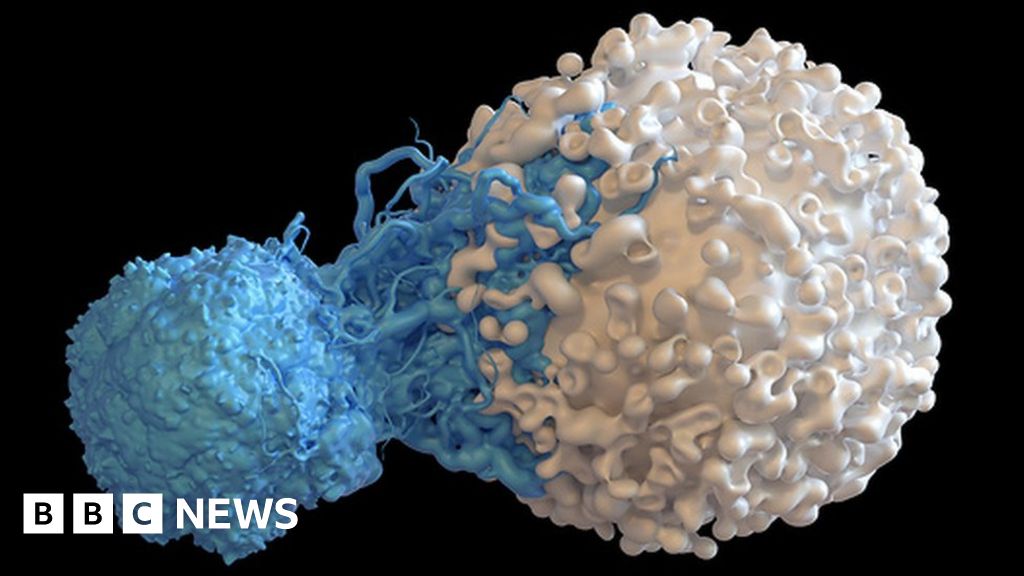I've spent years doing science writing depicting achievements in the biomedical sciences. Unfortunately, the public lack of science awareness and education makes science writers and broadcasters always veer toward continually announcing a treatment or cure for some major disease. People with the least science awareness know that such advances progress through a long (long) series of studies and trials, and further studies, etc. So actual advances come after scores or hundreds of studies each supplying a piece of the larger puzzle. I'm glad this study showed such a promising approach to cancers (many diseases, not one). I pray this is a valuable step forward.
This is the most accurate post.
There is a lot of terrible journalism and clickbaiting, HOWEVER I am in the pharma business for about 10 years now, with focus on oncology, and have seen at least one tumor (melanoma) go from extremely deadly to curable with the recent advances in immunotherapy in the space of as little as 5 years.
BTW same thing happened with hepatitis C, it is now effectively curable since 2013. They charge a very high price, but healthcare systems choose to pay it because the human, institutional, and monetary costs of managing the disease dwarf the cost of treatment. Cancer is relatively cheap to manage, people don't live long enough, it is diabetes, heart failure, COPD and other chronic conditions like hemophilia that fly a bit under the radar by not having big upfront costs like cancer does, but medium/low costs stretched over 20 years. It is a weird and creepy situation where some times healthcare systems would "prefer" patients die faster than linger, for both monetary, resource and societal costs.
Immunotherapy is likely to provide us with cures for numerous cancers in the next 10-15 years, research is white hot at the moment. That said I don't want to tempt fate too much.

 www.forbes.com
www.forbes.com

 www.forbes.com
www.forbes.com

















